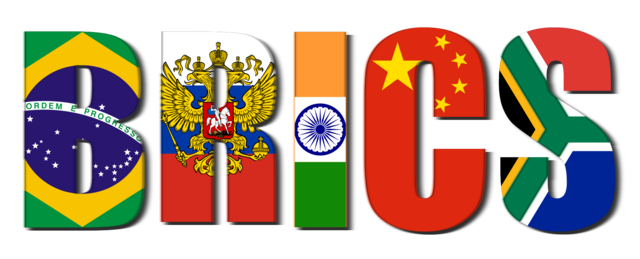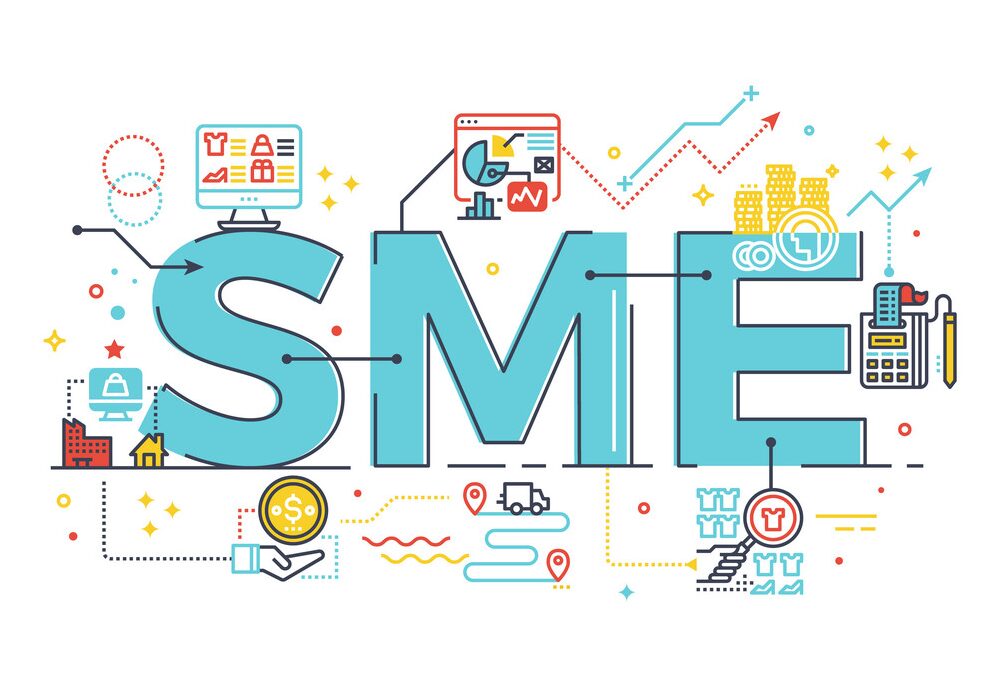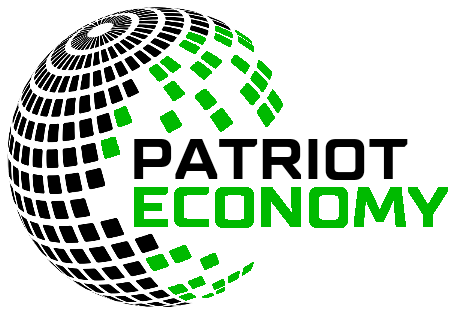The Third World War is a trade war

Trump’s announcement to suspend USAID for 90 days sparked a flurry of responses. Woke journalists can be easily identified as they undermine constitutions worldwide, framing inequality before the law and pied piper the delusional elites (both political and economic) around their ringmaster, Klaus Schwab, as they attempt to impose the One World Economic Reset agenda. Strategists aim to undermine US economic dominance and marginalise its international influence.
WEF vs BRICS: Competing Agendas and Their Impact on South Africa

Introduction
South Africa stands at a crossroads as two major economic frameworks—WEF’s 2030 Agenda and BRICS initiatives—propose divergent paths for development. Both aim to shape the nation’s future, but their strategies and impacts differ significantly, particularly when it comes to empowering local communities, businesses, and informal economies. Understanding these contrasting approaches is key to navigating the challenges and opportunities they present.
WEF 2030 Agenda: A Globalized Approach
The World Economic Forum’s (WEF) 2030 Agenda focuses on creating a globalized economic system underpinned by principles like Environmental, Social, and Governance (ESG) compliance, Broad-Based Black Economic Empowerment (BBBEE), and a push for cashless societies. While these policies appear progressive, their implementation often favors large multinational corporations and political elites over small businesses and grassroots communities.
Key criticisms of the WEF agenda include:
Framing Agendas for Profit: ESG and CSI strategies often prioritize corporate interests over local empowerment.
Cashless Societies: Moving toward cashless systems may exclude underserved communities reliant on informal economies.
The Unholy Trinity: Critics argue that organized crime, corruption, and greed thrive within this centralized approach.
BRICS: A Focus on Localized Development
In contrast, BRICS (Brazil, Russia, India, China, and South Africa) emphasizes empowering local governments, supporting SMEs, and revitalizing informal economies. Through initiatives like the New Development Bank, BRICS seeks to provide funding for infrastructure and development projects, offering alternatives to Western financial institutions.
How BRICS supports South Africa:
SME Revitalization: Addressing the collapse of over half of South Africa’s SMEs through funding and development projects.
Empowering Informal Economies: Encouraging street committees and local solutions to reduce unemployment and foster self-reliance.
Decentralized Development: Supporting local governments to create food-secure, self-sustaining communities.
What This Means for South Africa
The choice between these two agendas has profound implications. While the WEF offers global integration, it often comes at the expense of local independence and inclusivity. On the other hand, BRICS provides an opportunity to prioritize homegrown solutions, but critics warn of potential inefficiencies and political challenges.
Conclusion
Navigating this landscape requires a balanced approach that leverages the strengths of both frameworks while mitigating their drawbacks. South Africa must ensure that development strategies are inclusive, sustainable, and focused on empowering the most vulnerable communities.
The Struggles of SMEs in South Africa: Can They Survive the New Economic Order?

Introduction
Small and medium enterprises (SMEs) are the backbone of South Africa’s economy, yet over half of them have collapsed in recent years. From rising security costs to political instability, SMEs face significant challenges in an ever-changing economic landscape. This blog explores the struggles of SMEs and how they can overcome these hurdles to thrive in the future.
The Challenges SMEs Face
Rising Security Costs
In a country plagued by high crime rates, SMEs are forced to allocate significant resources to security measures. From surveillance cameras to private security services, these costs often outweigh the limited budgets of small businesses.
Cashless Economies
The shift toward cashless systems can alienate SMEs that rely on cash transactions, especially in informal economies. Without affordable digital payment solutions, many small businesses risk being excluded from the economy altogether.
Political Instability and Corruption
Local governments and regulatory bodies often prioritize large corporations over SMEs, leading to unequal opportunities and barriers to entry for smaller businesses.
Economic Inequality
Economic inequality exacerbates the challenges SMEs face, with limited access to funding and resources needed to grow their operations.
How BRICS and Local Governments Can Help
While SMEs face significant hurdles, initiatives under BRICS offer a ray of hope. The New Development Bank provides funding specifically targeted at infrastructure and local business support, creating opportunities for SMEs to rebuild and expand. Local governments can also play a vital role by:
Creating policies that support SME-friendly development.
Investing in training and resources to help businesses adapt to modern technologies.
Reducing bureaucratic red tape to allow for easier entry and growth.
The Path Forward
To survive and thrive, SMEs must embrace innovation and sustainability. Collaborations with organizations that prioritize food security, sustainability, and local development can help SMEs become more resilient. By working together, governments, businesses, and communities can rebuild South Africa’s SME sector into a thriving and essential part of the economy.
Crime in South Africa

South Africa faces a complex challenge when it comes to crime, with its effects rippling through communities, businesses, and the nation’s economy. Understanding these impacts is crucial to developing effective strategies for reducing lawlessness and promoting sustainable growth.
Crime and Its Root Causes
High unemployment rates, economic inequality, and inadequate social support are some of the primary drivers of crime in South Africa. In underserved communities, especially informal settlements, limited access to resources and opportunities creates environments where crime becomes a survival mechanism rather than a choice.
The Economic Toll of Crime
Crime costs South Africa billions of rands every year. Businesses face increased expenses for security measures, insurance premiums, and disrupted operations. This not only discourages investment but also stifles economic growth, particularly in areas already marginalized.
The Social Impact of Crime
In addition to its financial costs, crime creates profound social challenges:
Erosion of Trust: High crime rates weaken trust within communities, making collaboration and collective progress difficult.
Impact on Education: Schools in high-crime areas often struggle to provide safe learning environments, perpetuating cycles of poverty and unemployment.
Health and Well-Being: Crime affects mental health, with many South Africans living in constant fear or trauma caused by violence.
Breaking the Cycle of Crime Through Sustainability
Addressing crime requires more than just law enforcement; it demands holistic solutions that tackle its root causes. Initiatives like those implemented by The Patriot Economy offer a roadmap:
Economic Empowerment: Creating opportunities through permaculture and sustainable agriculture equips communities with the means to support themselves.
Social Stability: Providing food security and improving living conditions reduces desperation and fosters a sense of community ownership.
Partnerships for Development: Collaborating with municipalities to align Integrated Development Plans (IDPs) with community needs ensures long-term progress.
